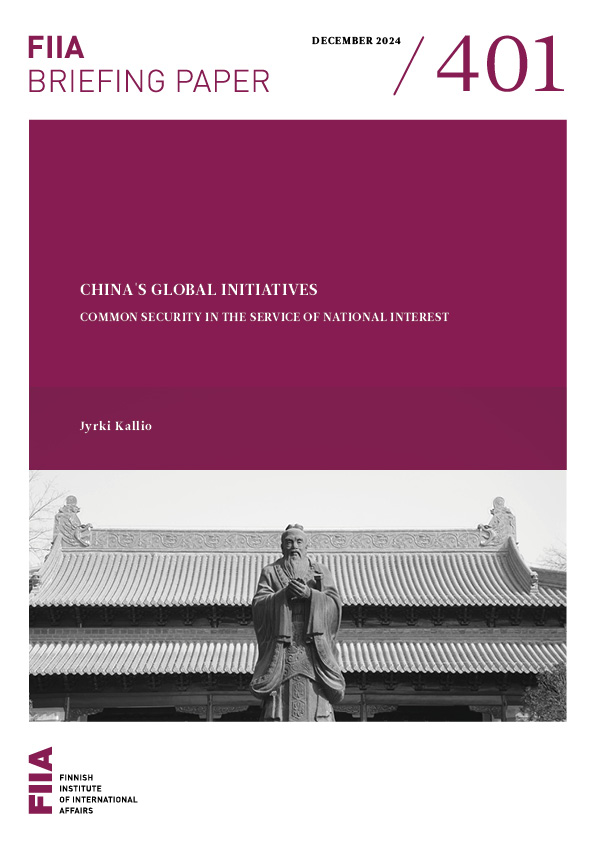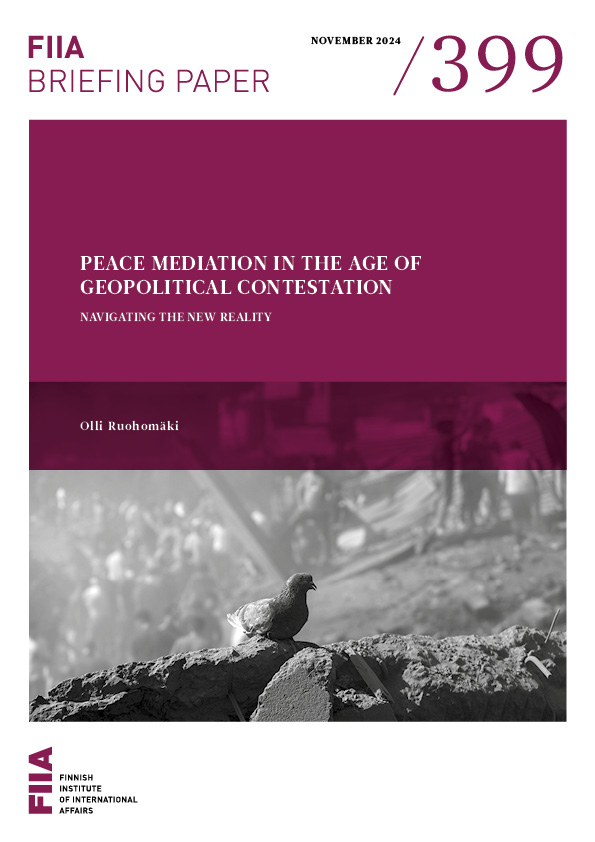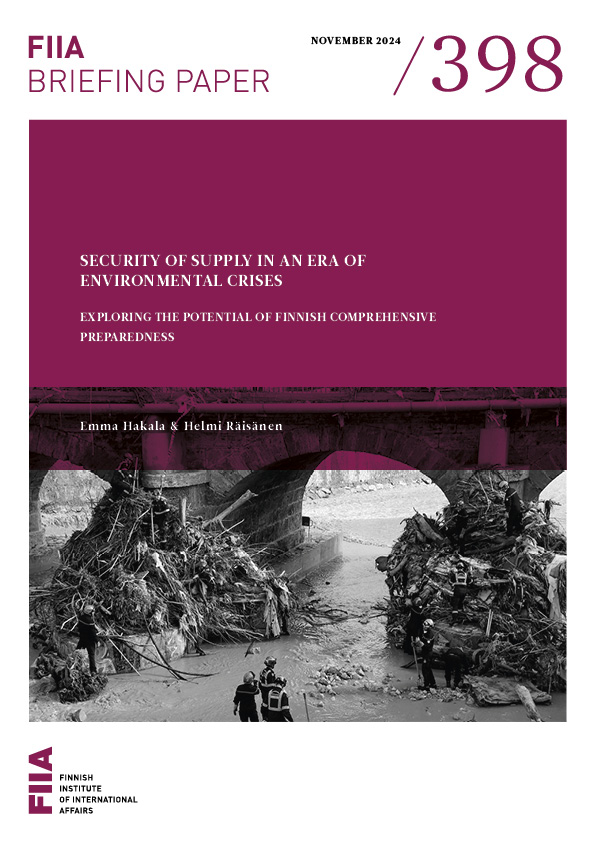The Communist Party of China is meeting to set up guidelines for the next five years. Although Chinese society is far removed from the ideals of socialism, there will be much talk about ideology in the next two weeks. China’s new generation of leaders is expected to emerge as well.
The upcoming 19th Congress of the Communist Party of China (CPC) will not result in the designation of a new party leader, but the selection of the top leadership is still of great interest. In accordance with current practice, almost half of the 25 members of the Politburo should be replaced, due to their age, while five of the seven seats of the highest leadership organ, the Standing Committee of the Politburo, should also have a new occupant.
The Zhongnanhaiologists – the Kremlinologists in the Chinese context – are busy making educated guesses about who will gain what seat. Rumours are rife, ranging from the possibility of removing Premier Li Keqiang from his position after only five years of service, to suggesting that the former party leader, Hu Jintao, is about to be ousted from the CPC due to corruption charges. Against this backdrop, it is something of a surprise that news about the death of Jiang Zemin, the leader preceding Hu Jintao, has not started circulating once more.
The new composition of the Standing Committee will reveal a lot about the power dynamics within the party: How many of the new electees can be labelled as supporters of Xi Jinping and who belongs to rivalling factions? The two men (no women are expected to enter the Standing Committee) who will likely take up the positions of party leader (and State President) and number two (and Premier) as the “sixth generation” leaders of China in 2022 should also emerge. The spotlight is also falling on Wang Qishan (born in 1948), who should retire in principle, but whom Xi might like to keep as his right hand due to Wang’s central role in the inner-party anti-corruption drive. The drive has been one of the landmarks of Xi’s term, and has resulted in the exposure of a huge number of graft and embezzlement cases by government officials, much to the glee of the Chinese public. It has also been used for the purposes of an inner-party purge.
Wang Qishan’s continued tenure opens up an interesting possibility. It would be a precedent for Xi to continue as the head of the party beyond two terms. This will be more probable in the case of a lack of new generation members prominent enough to be seen as possible successors to Xi and Li. Nothing can be read for certain, however, and it may transpire that Xi is not preparing to stay on after 2022, but is simply reluctant to raise the profile of his protégés just yet, knowing how many enemies he has made due to the anti-corruption drive, and how they might try to undermine the work of his chosen successors before the next crucial party congress.
As intriguing as the personnel issues may be, one should not overlook the more crucial role of the party congress. This is the organ that will set the general course of the upcoming five-year plan, to be finalized later by the National People’s Congress. China’s position in the global economy is pivotal, and hence it is important to learn what its goals and priorities will be in the coming years, and how China will ensure the continuation of its economic growth. It is widely understood both in China and beyond that structural reforms are called for, for example in regard to state-owned enterprises.
Xi Jinping is conjectured to be a closet reformist who has been waiting until this party congress to launch sweeping reforms. The signs point to a completely different conclusion, however. The party’s sights are set on the year 2021, when it will celebrate the centennial of its founding, and by that time China should also reach the level of a “moderately prosperous society” with a GDP per capita twice as high as in 2010. That goal requires economic growth, but instead of reforms, the CPC seems to have chosen stability as the means of achieving it. Launching reforms involves risks, and the party is unlikely to do anything that would jeopardize stability unless it has absolutely no other choice. The CPC may calculate that China’s economy will continue to grow propelled by its previous momentum, and that domestic consumption is on the rise, filling in the gap of slowing exports.
Casting Xi as a stronger leader than China has seen in decades may be a strategy chosen by the CPC to maintain stability. The Chinese media have been busy building up Xi’s image in a campaign akin to a personality cult. This party congress is expected to see Xi’s contributions added to the party’s constitution, perhaps even in a way that would overshadow his two predecessors, Jiang and Hu. Just how this will be done exactly remains to be seen, but it can be expected that several phrases accredited to Xi will be highlighted, such as “people-centred development thought”, “community of a shared future for humankind”, and “overall view on national security”.
The last two are related to China’s external relations, and it can be anticipated that Xi’s role as one of the world’s most prominent statesmen will play a part in his personality cult. This may in turn translate into a more active and assertive foreign policy, at least on the rhetorical front. The weaker Xi’s position really is, the greater the need for concrete actions that will demonstrate his leadership and appeal to popular nationalist sentiments.
The last party congress in 2012 already signalled the beginning of the final stage in the construction of the moderately prosperous society, so this congress had to come up with something new. Xi has been flirting with both Marxism and traditional Chinese schools of thought in an attempt to breathe new life into the wilting CPC ideology. “Let us not forget our original ideals, let us keep our historic mission firmly in mind” is a sufficiently grand and visionary slogan. Unfortunately, lofty rhetoric may be the only outcome of the congress, if all practical policies are made subject to the goal of stability.







